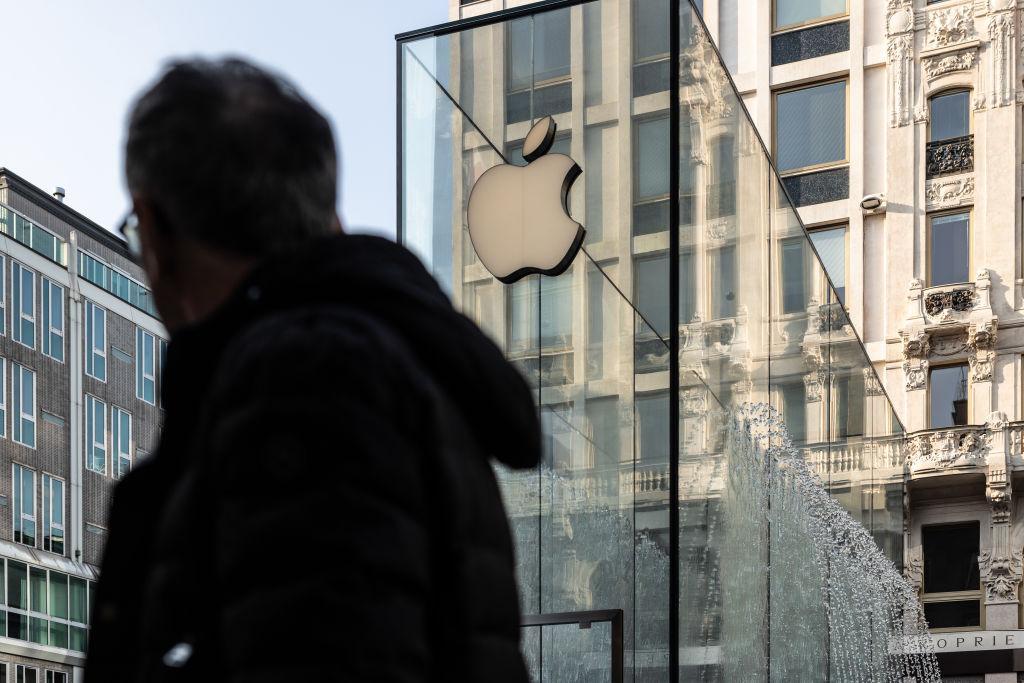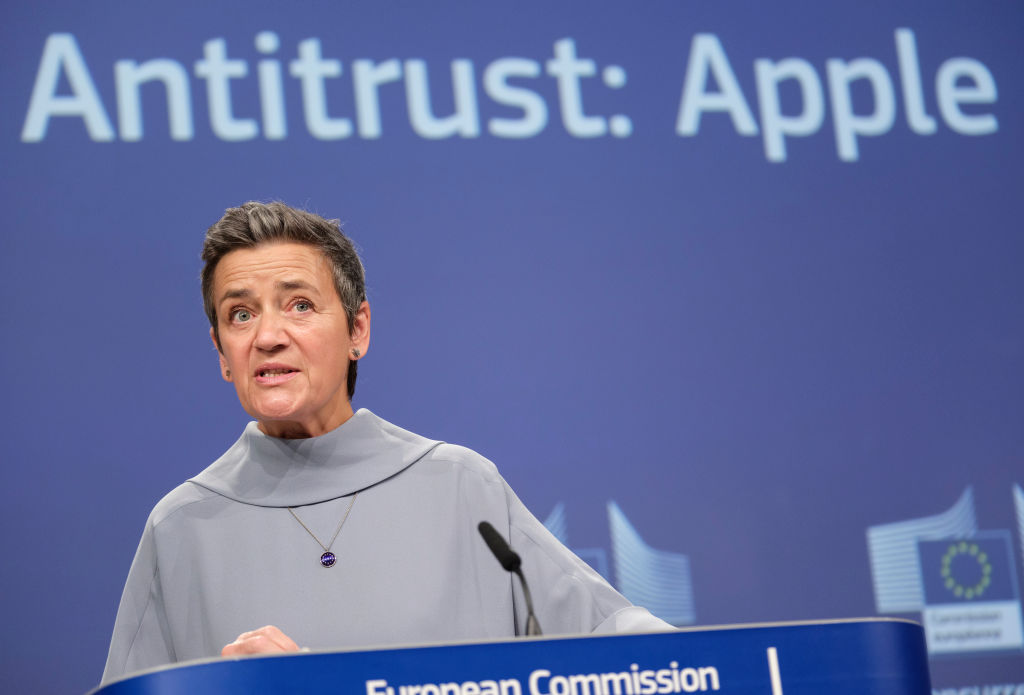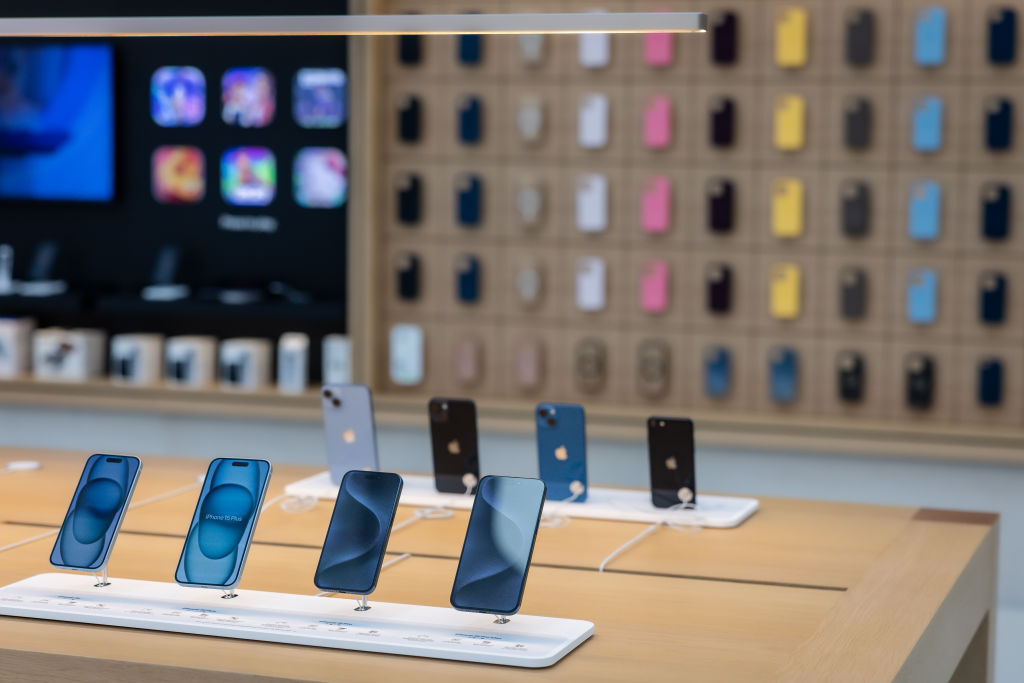The European Union is set to get a pared-down iPhone 16 as a result of its regulatory environment, including the now-infamous Digital Markets Act.
Apple unveiled the new iPhone series alongside new Apple Watches and AirPods during its Glowtime event late on September 9.
According to the tech giant, the new iPhone is “built for Apple Intelligence”, the company’s much anticipated locally-operated learning model — which it claims is capable of altering texts, making custom images and assisting users with quickly finding information about flight times and restaurants.
A subsequent document published by the company confirmed that none of these features will be available in the EU in time for the company’s late September launch of the iPhones, nor the new firmware update that powers them.
“For European Union residents: Apple Intelligence will not currently work if you are in the EU and if your Apple ID Country/Region is also in the EU,” a support page from the company confirmed.
It added, however, that such features would return to the phone if it detected that the EU user had left the bloc’s territory.
“If traveling outside of the EU, Apple Intelligence will work when your device language and Siri language are set to a supported language.”
Apple had already said that it did not expect its AI product to launch in the EU this year back in June due to the Digital Markets Act, with the announcement prompting a fiery reaction from Brussels competition tsar Margrethe Vestager.
Apple has once again adjusted its App Store rules amid ongoing pressure from the European Union. https://t.co/IddI23I7Hd
— Brussels Signal (@brusselssignal) August 9, 2024
The impact of the EU was also felt in other parts of the programme.
Apple announced that its new Airpod Max headphones would be charged via USB rather than Lightning, a legally required change under the bloc’s “common charger” requirements.
Even the day of the event was influenced by Brussels, with the programme falling unusually on a Monday, rather than the Tuesdays Apple usually prefers.
The iPhone announcement event had initially been planned for September 10, but had to be moved back a day when the EU revealed it would be making a final ruling on the company’s tax dispute with the bloc on that day.
Centred around whether the company benefitted unfairly from Irish state aid, Apple currently has €13 billion in funds stuck in an escrow account locked off by the EU.
Should it lose the court case, the funds could be handed to the Irish Government. The funds are equivalent to 10 per cent of the country’s annual tax take in 2023.
The European Union is to force through changes to Apple’s iPhone operating system iOS to make it compatible with the bloc’s anti-trust laws. https://t.co/LRZDdCKDLe
— Brussels Signal (@brusselssignal) July 12, 2024





